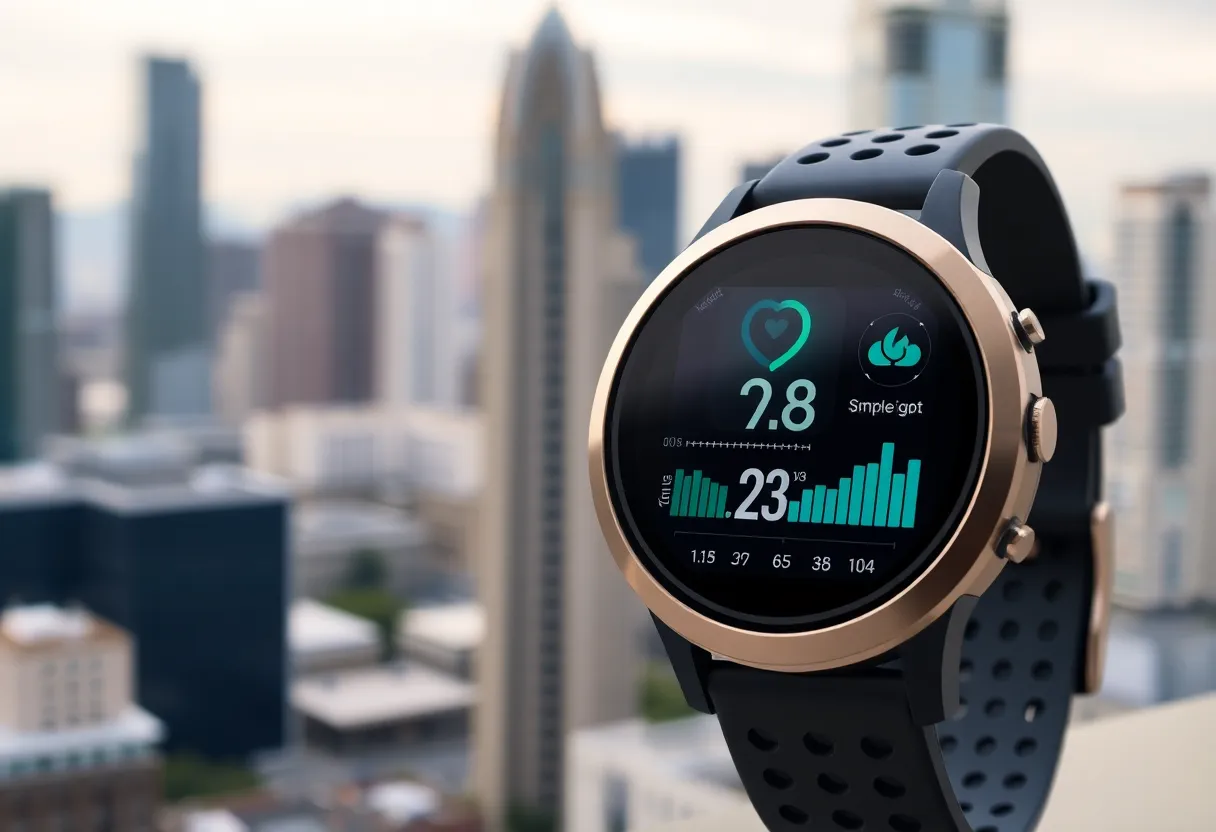News Summary
Whoop, the Boston-based health tech startup, is under FDA scrutiny regarding its latest wearable device’s blood pressure insights feature. Although the company has received FDA approval for heart monitoring, the blood pressure module remains controversial. The FDA’s warning letter demands cessation of this feature’s marketing, risking product seizure. Whoop contends its insights are for wellness tracking, not medical diagnosis. With a response deadline looming, the outcome may shape future health tech regulations and consumer access to health data.
Boston — Whoop, a Boston-based startup founded in 2012 by Harvard students, is facing scrutiny from the FDA over its innovative blood pressure insights feature included in its latest wearable fitness tracking device. The company, which specializes in detailed health data for serious athletes, has made notable advancements with its technology, but a recent regulatory dispute has raised questions about the limits of its capabilities.
While Whoop successfully obtained FDA approval for its heart monitoring technology, which identifies abnormal heart rhythms such as atrial fibrillation, it did not receive approval for its blood pressure data feature, referred to as an “estimate.” The FDA has expressed concerns regarding blood pressure monitoring due to the significant health risks associated with inaccurate readings. Whoop argues that its blood pressure module is intended solely for wellness monitoring, not for diagnosing medical conditions, and thus falls outside the FDA’s regulatory authority as per the 21st Century Cures Act.
The situation escalated when the FDA issued a warning letter to Whoop, demanding that it cease marketing the blood pressure insights feature or risk product seizure and financial penalties. In response, Whoop has announced its intention to contest the FDA’s warning, emphasizing that its wellness-related insights should not be categorized as medical devices. According to regulatory experts, navigating disputes with the FDA can be complicated and often results in unfavorable outcomes for companies involved.
CEO Will Ahmed, who has been actively engaging with political officials to advocate for health tech innovation, highlighted the growing relevance of blood pressure data as part of overall wellness tracking, similar to features like heart rate monitoring. The FDA has provided Whoop with a timeline of 15 business days to respond to the warning and outline corrective measures, leaving the company with a tight window to address regulatory concerns. Should enforcement actions arise from the FDA, Whoop could potentially challenge the classification of its blood pressure data as a medical device.
Founded over a decade ago, Whoop has made significant strides within the fitness industry, distinguishing itself from earlier wearable technologies such as Fitbit and Nike FuelBand. The latest model, the Whoop MG, which launched in May, includes advanced features aimed at optimizing athletic performance. Prominent athletes, including Olympic swimmer Katy Ledecky, NBA star LeBron James, and soccer player Cristiano Ronaldo, are among Whoop’s high-profile users.
Despite the current regulatory challenges, Whoop has garnered considerable financial backing, raising over $400 million to date. The company’s headquarters is located in Kenmore Square, with a notable illuminated logo near Fenway Park, symbolizing its growing presence within the health tech landscape. CEO Ahmed has hinted at a potential public stock offering within the next two years, signaling ambitious plans for the company’s growth.
The regulatory landscape for health tech is evolving, and the current political climate may influence how such disputes unfold. Higher-ups in the U.S. Department of Health and Human Services, including Secretary Robert F. Kennedy Jr., have the potential to sway the regulatory environment surrounding innovative health solutions. Industry experts are closely monitoring the situation, as it raises critical questions about consumer rights concerning health data and the delicate balance between fostering innovation and maintaining regulatory safety standards.
As the debate continues, stakeholders in the health tech sector are paying attention to the regulatory implications of Whoop’s features, particularly in regard to blood pressure monitoring. The outcome of this dispute could set precedents for how similar technologies are treated in the future and may shape the conversation around consumer access to health data versus regulatory oversight.
Deeper Dive: News & Info About This Topic
HERE Resources
Additional Resources
- MassLive: Whoop and the FDA
- Wikipedia: Health Technology
- Orrick: FDA’s Warning Letter to Whoop
- Google Search: Whoop FDA regulations
- Athletech News: Whoop’s Response to FDA
- Encyclopedia Britannica: Blood Pressure

Author: STAFF HERE BOSTON WRITER
The BOSTON STAFF WRITER represents the experienced team at HEREBoston.com, your go-to source for actionable local news and information in Boston, Suffolk County, and beyond. Specializing in "news you can use," we cover essential topics like product reviews for personal and business needs, local business directories, politics, real estate trends, neighborhood insights, and state news affecting the area—with deep expertise drawn from years of dedicated reporting and strong community input, including local press releases and business updates. We deliver top reporting on high-value events such as Boston Marathon, Head of the Charles Regatta, and Boston Harborfest. Our coverage extends to key organizations like the Greater Boston Chamber of Commerce and Associated Industries of Massachusetts, plus leading businesses in finance, biotech, and insurance that power the local economy such as Fidelity Investments, Biogen, and Liberty Mutual Insurance. As part of the broader HERE network, we provide comprehensive, credible insights into Massachusetts's dynamic landscape.





